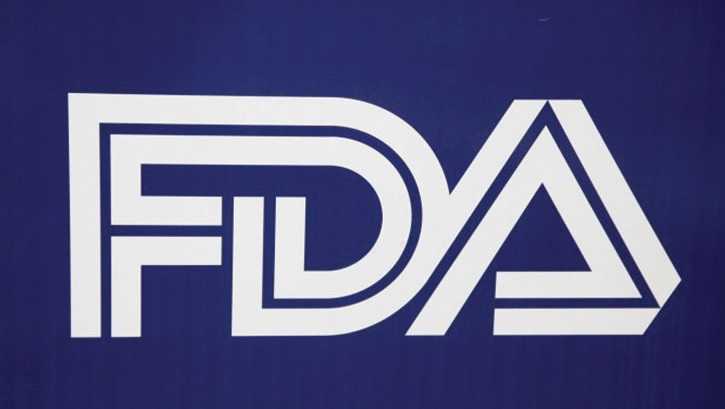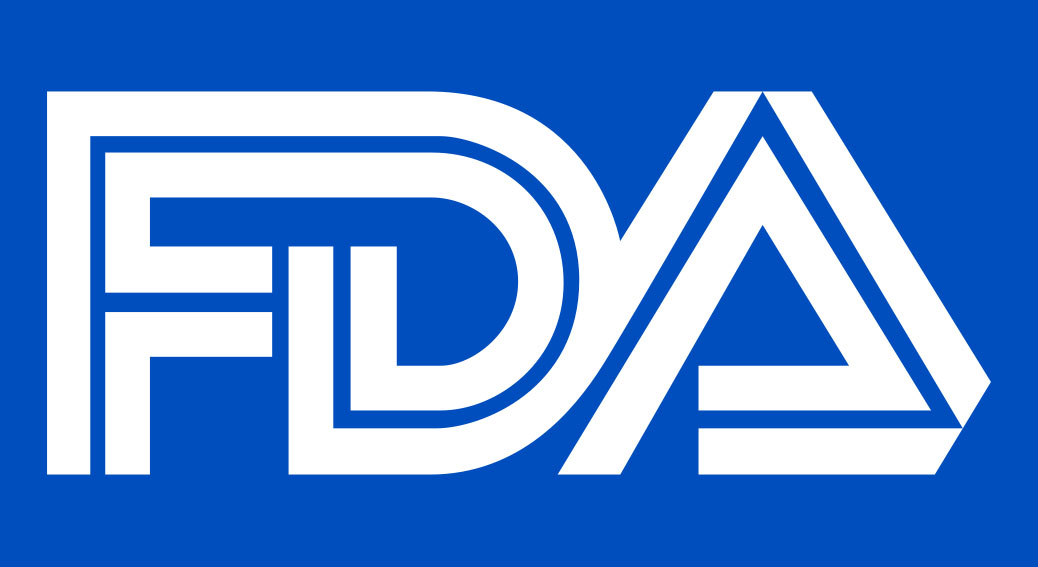The Food and Drug Administration (FDA), the US regulating authority in the sphere of medical devices, has published final guidance dedicated to the Accreditation Scheme for Conformity Assessment (ASCA) Pilot Program, a voluntary pathway simplify the approach to be applied to demonstrate conformity with certain FDA-recognized consensus standards. Besides the general information about the goals and objectives of the ASCA Pilot Program, the new guidance describes the development of the Program, and also the roles and responsibilities of all the parties involved.

ASCA Pilot Development
First of all, the Agency emphasizes the importance of stakeholder input. In particular, the representatives of medical device manufacturers, and conformity assessment bodies, as well as technical experts from the National Institute of Standards and Technology (NIST) have participated in the development of the Pilot.
Moreover, during the development stage, the FDA has also published the appropriate notice in a Federal Register, requesting the interested parties to submit their comments and suggestions. The feedback received has been rigorously analyzed and considered by the Agency in the course of the ASCA Pilot development. Additionally, earlier in 2018 the Agency has also carried out a public workshop “Accreditation Scheme for Conformity Assessment of Medical Devices to Food and Drug Administration Recognised Standards.” The aspects covered by the workshop include, inter alia, the goals of the Pilot, and also the framework and particular procedures necessary for the actual implementation of the new approach.
The information collected through the aforementioned public consultations has been considered by the FDA when developing the design of the conformity assessment scheme, and also when determining the particular FDA-recognized consensus standards to be used in the context of the ASCA Pilot.
Besides the medical device manufacturers, the organizations involved in conformity assessment procedures, such as accreditation bodies and testing laboratories have also actively participated in the development of the new regulatory framework.

FDA-Recognized Standards in ASCA Pilot Context
The document also describes the approach utilized by the Agency when determining the particular FDA-recognized voluntary consensus standards to be allowed to be used in the context of the ASCA Pilot. In particular, the FDA states that the standards selected are the ones most used by the medical device manufacturers to demonstrate conformity with the applicable safety and performance requirements. According to the guidance, the final decision regarding the applicability of the particular standards was actually based on the input from industry representatives. The FDA-recognized standards applicable under the new framework include both cross-cutting (horizontal) and device-specific (vertical) standards.
At the same time, it is also important to mention that the list of the FDA-recognized consensus standard could be subject to changes: the Agency may review it from time to time, adding new or revised standards or removing the outdated ones. The authority also emphasizes that the medical device manufacturers are still allowed to make references to other standards, with the only exception that they would not be admissible in the context of the ASCA Pilot.
One of the most important standards associated with conformity assessment is ISO/IEC 17025, which covers such fundamental aspects as:
- impartiality,
- confidentiality,
- organizational structure,
- resources, and
- management systems.
The Agency states that the appropriate principles set forth by the ASCA Pilot should supplement the aforementioned principles established by the standard. Thus, the new framework actually expands the scope of existing standards and provides more details regarding certain aspects of the FDA deems necessary. The particular implementation details are provided in the appropriate standards-specific guidance documents related to the ASCA Pilot.
Roles and Responsibilities
One of the most important parts of the new FDA guidance on the ASCA Pilot Program is dedicated to the roles and responsibilities of the parties involved in conformity assessment procedures and processes. The document describes in detail the spheres of responsibility of each type of parties, namely:
- Accreditation Bodies – according to the guidance, ASCA-recognized accreditation bodies are entitled to recognize testing laboratories in accordance with the specifications and requirements set forth by the applicable standard (ISO/IEC 17025) and the ASCA Pilot itself. The scope of recognition should be described in the ASCA Recognition to be granted by the FDA in accordance with the competencies demonstrated by the accreditation body applying for the recognition under the ASCA Pilot framework.
- Testing laboratories – according to the guidance, ASCA-accredited testing laboratories are entitled to carry out testing in accordance with the specifications and requirements set forth by the applicable standard (ISO/IEC 17025) and the ASCA Pilot itself. The Agency also states that the test plan could be developed by the laboratory in collaboration with the medical device manufacturer. Upon completion of testing, an accredited laboratory shall provide the information prescribed by the applicable specifications to the medical device manufacturer. It is also important to mention that the testing conducted by the laboratory could be deemed as conducted under the ASCA Pilot framework only in case if the standards and test method applied are covered by the scope of the appropriate ASCA Accreditation to be granted by the FDA in accordance with the competences demonstrated by the laboratory.
- Medical device manufacturers are allowed to follow the ASCA pathway on a voluntary basis as one of the options available for premarket submission. The Agency additionally emphasizes that the medical device manufacturers should be solely responsible for the completeness and accuracy of the information included in the premarket submission. Moreover, the manufacturer should be also responsible for ensuring that the particular FDA-recognized consensus standards and methods used are appropriate for the medical device subject to review. It is also important to mention that in accordance with the guidance, a manufacturer’s internal testing laboratory could also apply for accreditation under the ASCA Pilot framework. In this case, the approach to be used by the Agency would be the same as for testing laboratories in general. Upon obtaining an ASCA Accreditation, a manufacturer’s testing laboratory would also have to sustain compliance with all applicable rules and requirements for ASCA-accredited testing laboratories.
- FDA will remain responsible for the recognition of accreditation bodies, accreditation of testing laboratories, carrying out inspections of organizations and entities subject to its supervision, and also for maintaining the accuracy and reliability of the information published on the official website of the ASCA Pilot Program, including the list of ASCA-recognized accreditation bodies. The Agency will be also responsible for the actual implementation of all principles and approaches set forth herein. The scope of the FDA`s responsibilities also covers such an aspect as special training for all parties participating in ASCA Pilot which the Agency deems to be necessary to ensure continuous compliance with the requirements and specifications set forth under the new framework.
Summarizing the information provided herein, the FDA guidance on the ASCA Pilot Program describes the main points of the new pathway medical device manufacturers may choose to use when filing a premarket submission. Also, the Agency explains the approach utilized when developing the ASCA Pilot. The scope of the document covers the most important aspects associated with the new framework, including the roles and responsibilities of all the parties involved.
How Can RegDesk Help?
RegDesk is a next-generation web-based software for medical device and IVD companies. Our cutting-edge platform uses machine learning to provide regulatory intelligence, application preparation, submission, and approvals management globally. Our clients also have access to our network of over 4000 compliance experts worldwide to obtain verification on critical questions. Applications that normally take 6 months to prepare can now be prepared within 6 days using RegDesk Dash(TM). Global expansion has never been this simple.
Sources:

